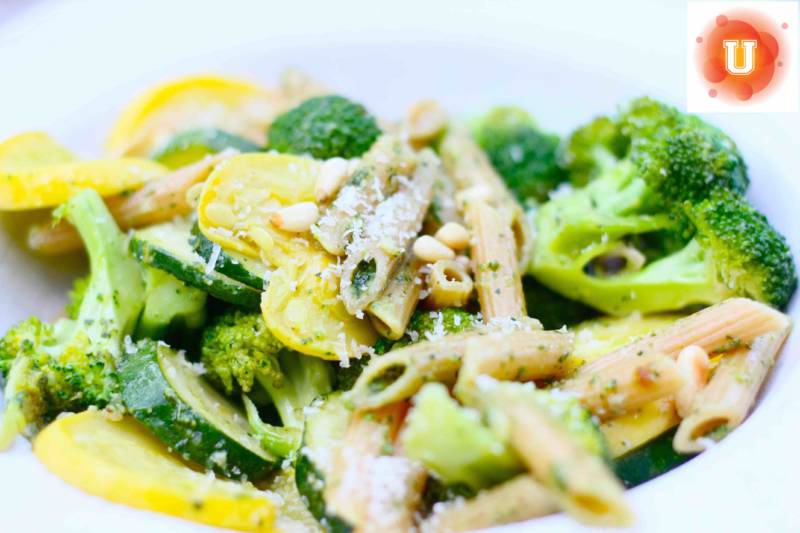Update: Our award-winning video series Above the Noise took a fresh look at the pros and cons of vegetarianism. Students can watch the video to get a primer on the facts then write their own response.
This post is part of KQED’s Do Now U project. Do Now U is a biweekly activity for students and the public to engage and respond to current issues using social media. Do Now U aims to build civic engagement and digital literacy for learners of all ages. This post was written by the following students from Autumn Marshall’s “Professional Orientation” course at Lipscomb University: Hannah Feiten, Riya Rana, Courtney Brenner, Erick Ramirez, Alexis Burchfield and Constance Fonseca.
Featured Media Resource
VIDEO: Big Think
How Healthy is Vegetarianism…Really?
Dr. Marion Nestle, a nutritionist, discusses diets and their impact on human and environmental health.
Do Now U
Is It Healthier to Be a Vegetarian or an Omnivore? #DoNowUOmnivore
How to Do Now
To respond to the Do Now U, you can comment below or post your response on Twitter. Just be sure to include #DoNowUOmnivore and @KQEDedspace in your posts.
Learn More About Vegetarianism and Omnivorism
The vegetarian-omnivore debate has been raging for decades, if not centuries. The world of healthcare continues to debate the health benefits, and the pros and cons of each side. In addition, many public figures, from medical professionals to professional athletes, have weighed in on the subject. To clarify terms, a vegetarian is defined as a person who does not eat any meat of any kind—poultry, game, fish, or shellfish. Some versions of vegetarianism allow some animal foods; for example, lacto-ovo vegetarians eat milk products and eggs, and flexitarians occasionally eat meat, poultry, and fish. Depending on dietary preference, eggs, dairy and fish may not be included at all in this diet (veganism means there are no animal products in the diet). An omnivore, on the other hand, is one who consumes a variety of meat and dairy foods as well as plant food groups, including fruit, vegetables and grains.

